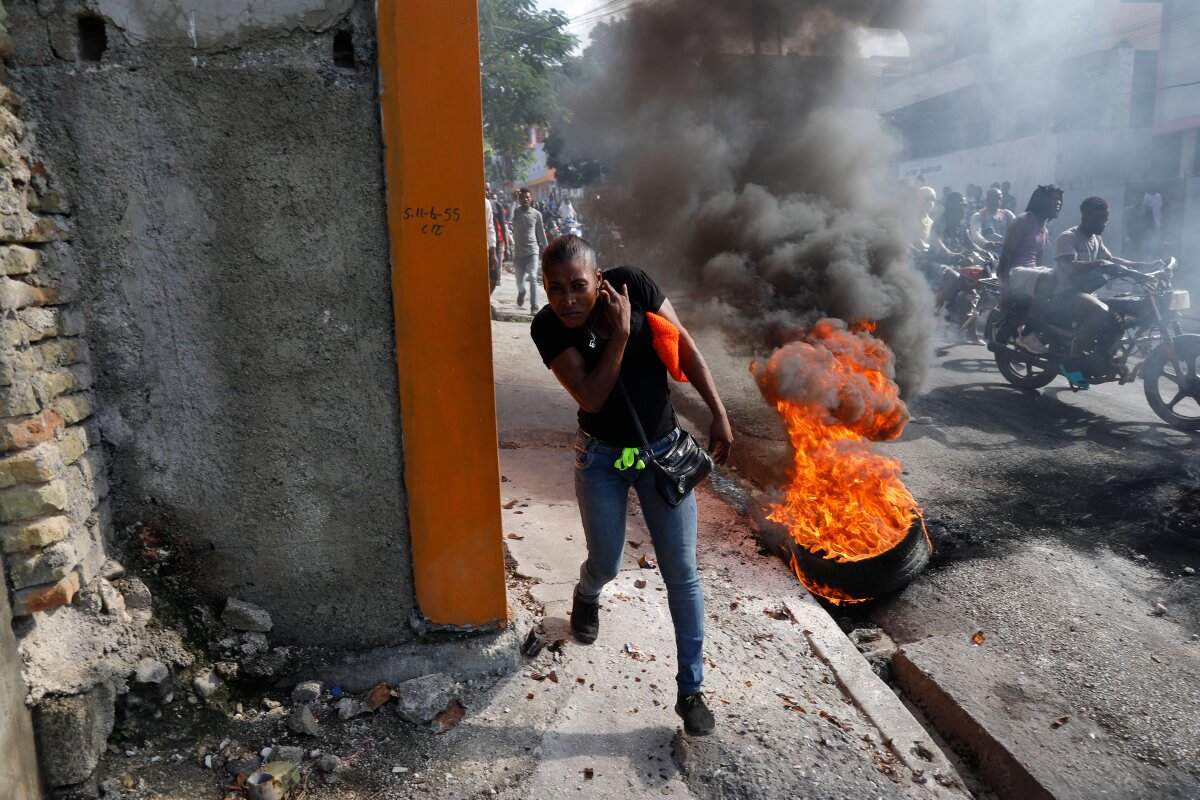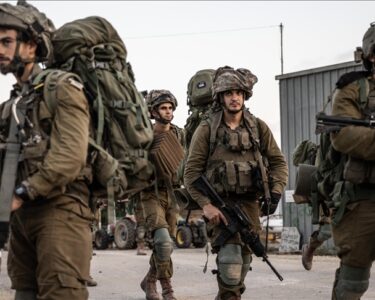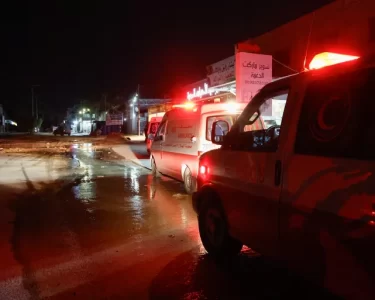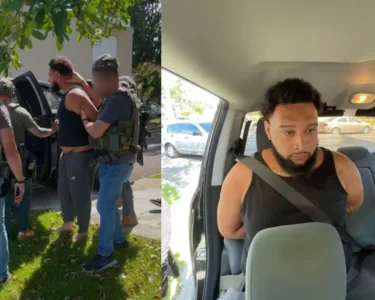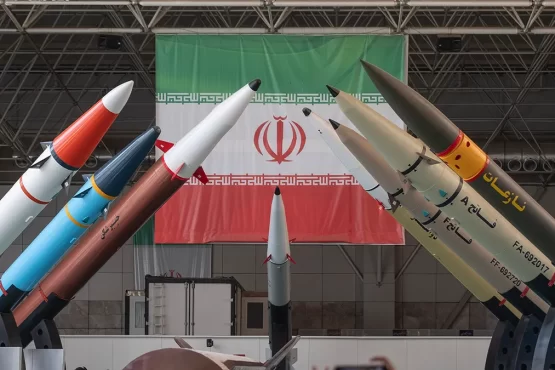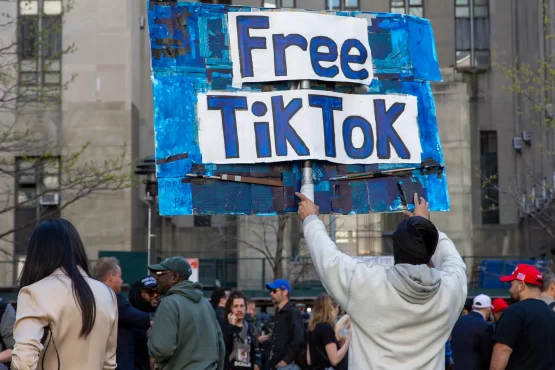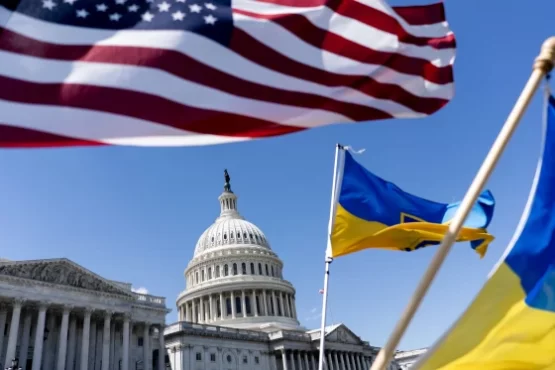A brutal attack by the Gran Grif gang in central Haiti last Thursday left at least 70 people dead, including infants, highlighting the country’s ongoing struggle with extreme violence and lawlessness.
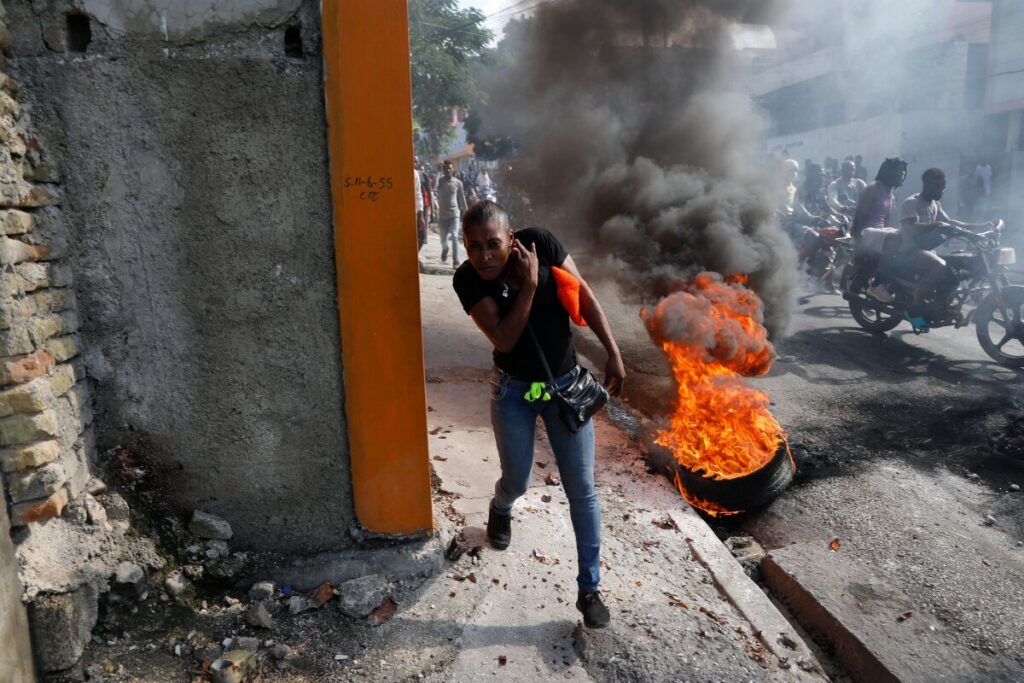
The assault on the town of Pont-Sonde, led by gang leader Luckson Elan, is the latest in a series of violent incidents plaguing the Caribbean nation since the 2021 assassination of President Jovenel Moise.
“This attack represents a new low in Haiti’s security crisis,” said Robert Fatton, a Haitian politics expert at the University of Virginia. “It underscores the urgent need for effective intervention and governance reform.”
The Gran Grif gang, one of Haiti’s lesser-known criminal organizations, has gained notoriety for its control over the Artibonite region, a key agricultural area. Elan, 36, was recently sanctioned by the U.S. government for perpetuating “horrific violence and instability” in Haiti.
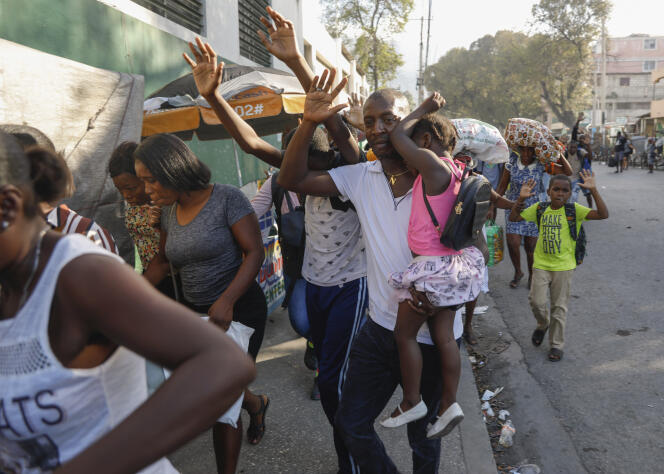
Haiti’s gang problem has roots in the country’s weakened government institutions. As official authority has eroded, criminal groups have filled the power vacuum, expanding control over vital infrastructure and engaging in extortion, drug trafficking, and other illicit activities.
One of the most prominent gang leaders, Jimmy “Barbeque” Cherizier, a former police officer, leads the G9 Family and Allies alliance. This group has demonstrated its power by paralyzing transportation and fuel distribution in the capital.
“Cherizier’s rise exemplifies how gangs have become de facto authorities in parts of Haiti,” said Gédéon Jean, director of the Center for Analysis and Research in Human Rights in Port-au-Prince.
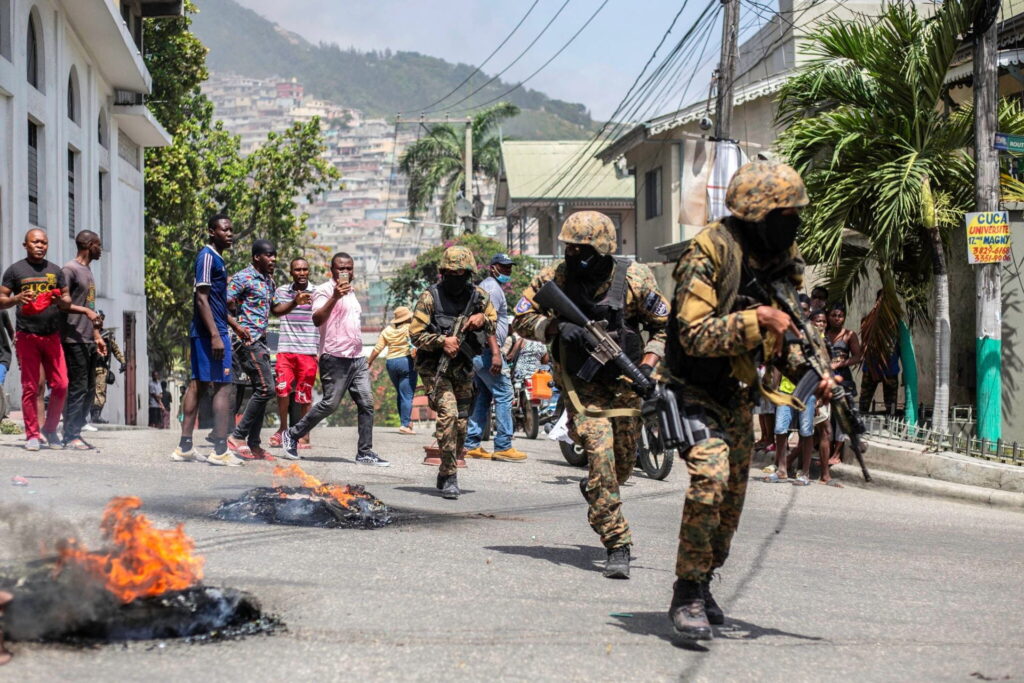
The Haitian government’s struggle to contain gang violence stems from multiple factors, including an understaffed and outgunned national police force, dire economic conditions with nearly half the population facing acute hunger, and a prolonged failure to hold local elections.
While the UN Security Council recently authorized a year-long international security mission, its deployment has been slow. Only about 400 mostly Kenyan police officers are currently on the ground, far short of the promised 2,900-strong force.
“The international community’s response has been frustratingly inadequate,” said former Haitian Prime Minister Claude Joseph. “Haiti needs immediate, robust support to break the cycle of violence and instability.”
A Reuters story

